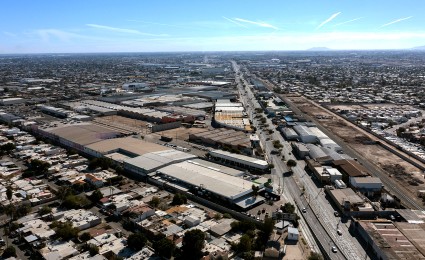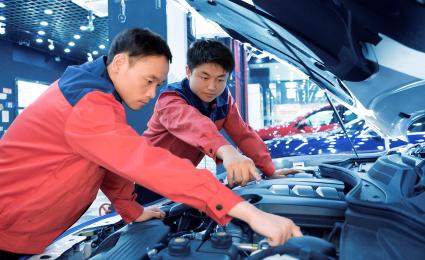Considering the structure of the major import products, it will not be easy to substitute them, to produce them in China, or to replace the major suppliers. This is particularly the case for China's no. 1 import product, semiconductors, which accounts for more than 16% of the value of China's imported goods. China produces a lot of chips, but so far it does not have the technology to manufacture the ultra-high-performance semiconductors that the country needs to embed in high-tech products. The technology for the production process lies in the hands of a few companies in developed countries (located mainly in Taiwan and South Korea), as does the technology for the machines needed for production.
But China needs the Western Economies also as a market for their exports. China is the world's biggest exporter. In 2021, the country sold goods and services worth USD 3,554 bn to foreign markets, equaling 20% of China's GDP. China's export strength was the basis of the country's high growth rates and is still an indispensable element of its economy. China's top export destinations are the US and the EU: In 2021, more than one third of the exported goods went to these markets.
Finally, China’s dependency on Western Economies can also be illustrated by foreign investments. Foreign investments are essential for China's economy. In 2020, more than 1 million foreign-invested enterprises were registered in China and FDI stocks reached a total of USD 2,440 bn, according to the Statistical Bulletin of FDI in China 2021. Foreign companies are crucial for China's economy as they invest, employ people, and transfer know-how. Since 2017, China is the world's no. 2 destination for FDIs, beaten only by the US.
A decoupling would lead to significant losses on both sides
These extensive dependencies between the economies of China and the West suggest that a decoupling would be very expensive for both sides. A decoupling of Western countries and China would lead to significant losses on both sides – and beyond, as the economies in most third-party countries are strongly connected to the economies in the West and China.
Therefore, we regard a comprehensive decoupling of Western economies and China – meaning a significant reduction of economic ties in many aspects like trade, supply chains, sales, and investments – as rather unlikely due to the strong interdependencies we described. Both economies are so deeply intertwined that a comprehensive decoupling would bring the functioning of the economies to a halt. And as both economies are essential for many other economies as well, a comprehensive decoupling would damage the entire world economy. No Western country, nor China – nor any other country following a rational economic strategy – can be interested in such a scenario.
What is rather likely to occur in the future – due to current political and companies’ strategies – is a balanced reorientation of the economic relationship between China and the West. Such a reorientation can be to the benefit of the two parties as well as of third parties. Compared to the situation today, there will be tougher competition, particularly for Western companies, who will be forced to keep hold of their technological advantage against the emerging players from China. But there will also be new possibilities for fruitful cooperation when Chinese companies have climbed to the next rung of the innovation ladder.
![{[downloads[language].preview]}](https://www.rolandberger.com/publications/publication_image/roland_berger_decoupling_china_cover_download_preview.png)
















